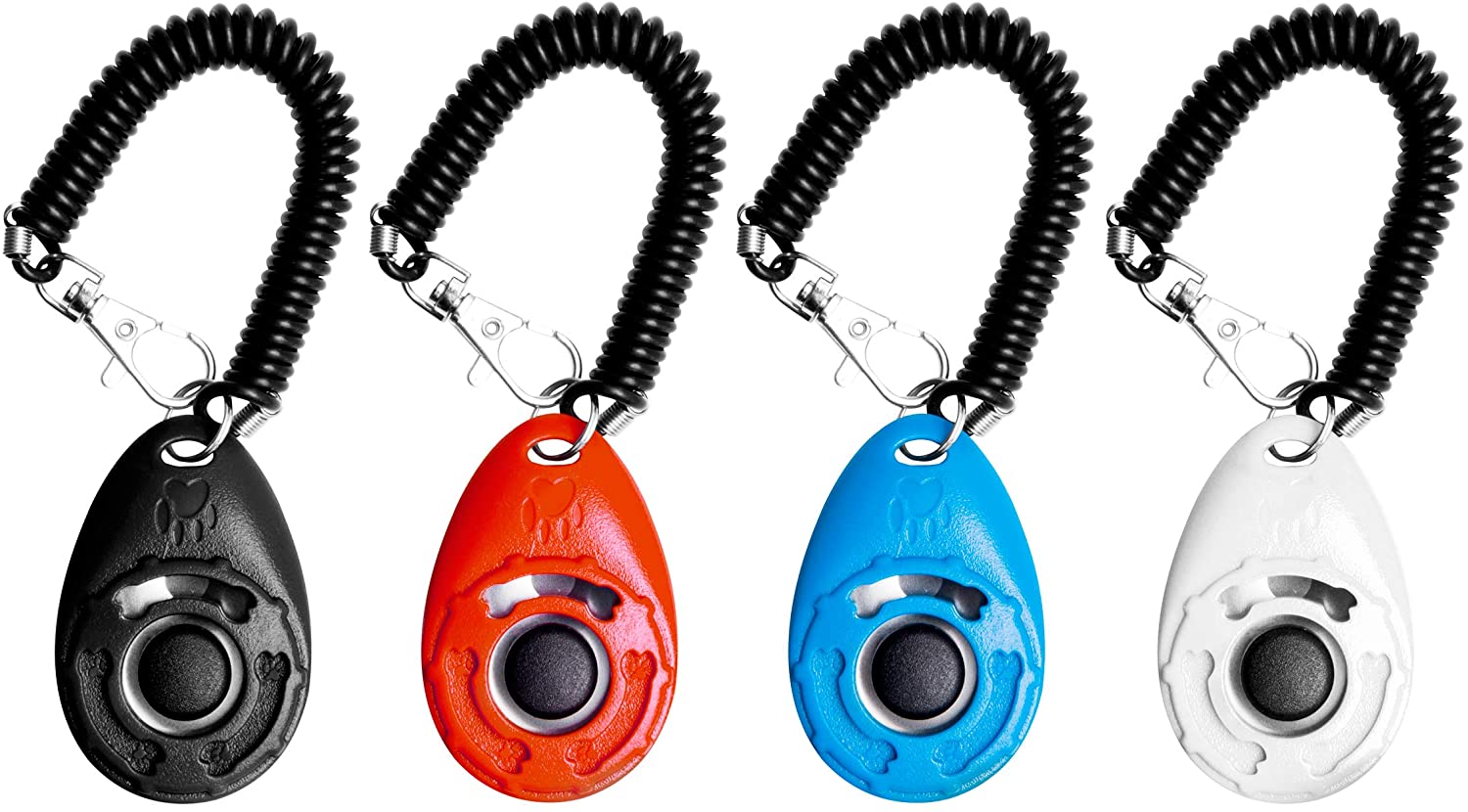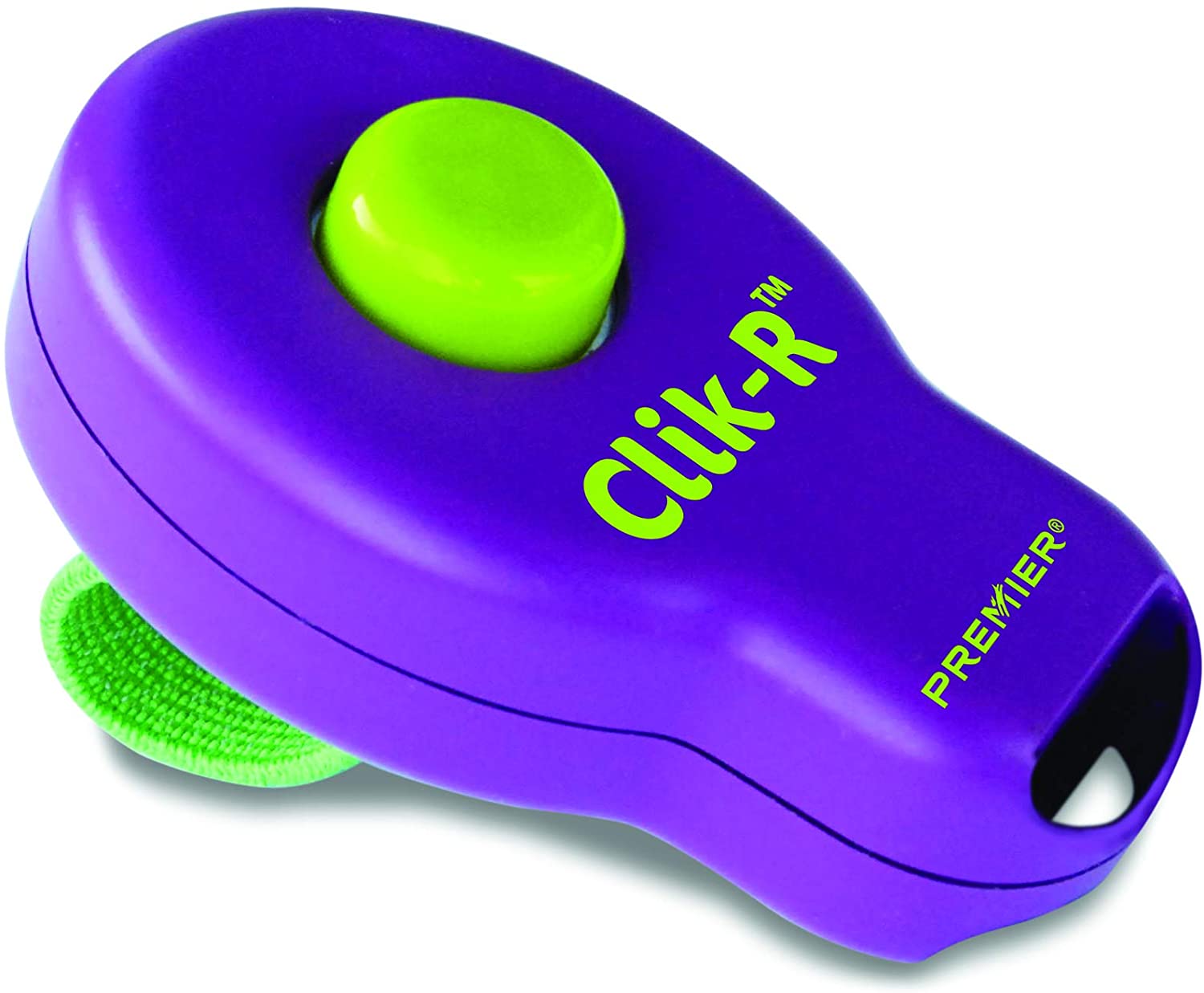How to Choose The Right Guard Dog for You and Your Family
by Robert Fox
A good guard dog should know how to differentiate a potentially dangerous from a safe situation. It shouldn't hesitate for a second to protect you, your family members, or your home, from a possible invader or attacker.
But, if you plan to get a good guard dog, you should do enough research to pick the perfect one for you. While choosing a guard dog, dedicate some time with separate dogs to assess their ability to guard your home.
Don't forget that once you take the dog to your house, your job would be to train and socialize it to make sure it learns and practices safe guarding techniques.
Contents
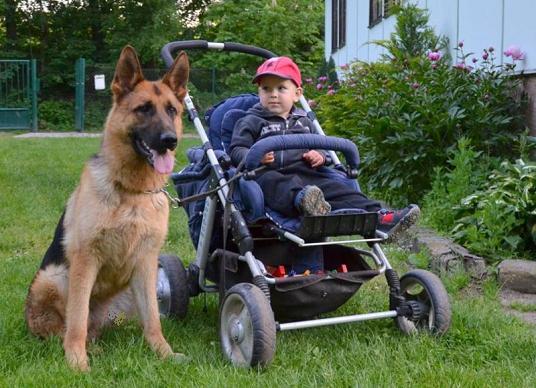
| EcoCity 4-Pack Dog Training Clicker with Wrist Strap |
|---|
| Karen Pryor Clicker Training Terry Ryan Clik Stik for Pet Training |
| PetSafe Clik-R Trainer |
6 Things to Keep in Mind When Choosing a Guard Dog
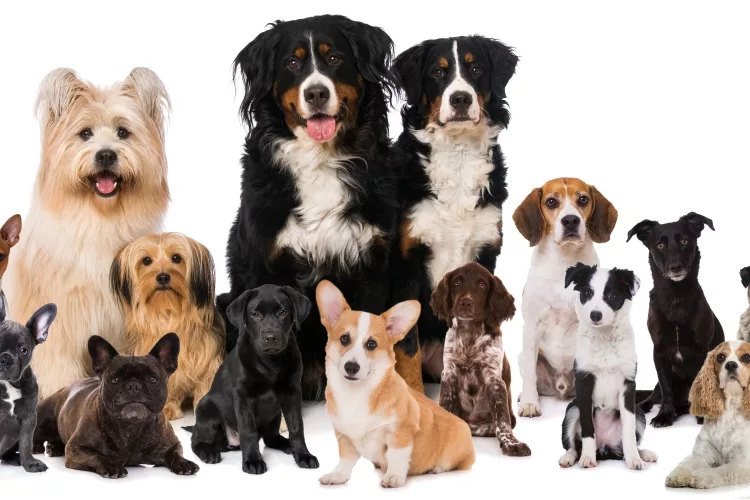
1. Think About Why You Need One
Knowing why you need a trained guard dog will help you determine the best one for your needs. Guard dogs should protect your family and home instead of attacking any stranger passing by. In other words, they have a purpose.
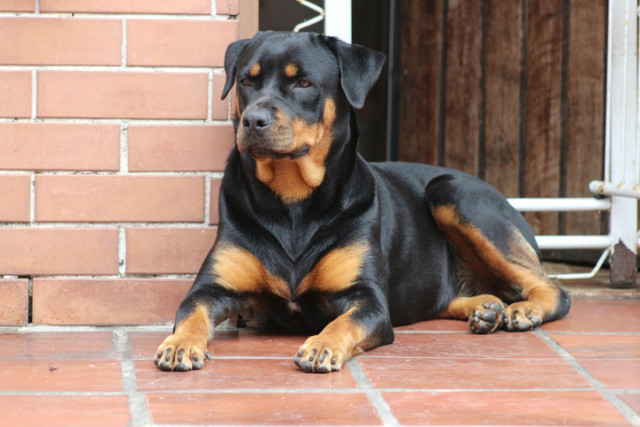
That's why they should know exactly when you or your family member is in danger and when they're not. Here are some good reasons to get a guard dog, specifically:
- Scare away home invaders or burglars
- Alert you if strangers come close to your house
- Protect your livestock from possible predators
2. Decide If You Have Reasons Not To Get One
Guard dogs might not be suitable for all homes. For instance:
- If your home is a stressful environment which might agitate your dog
- If you live in an apartment that shares hallways or entrances with other people
- If you live in a property where utility workers, customers, and other strangers pass frequently
The important thing to note here is that while your guard dog might be well trained, unless he/she is a saint of a dog, certain other factors are going to affect him/her that are worth considering.
So, remember, when your dog seems to love everyone but the mailman, you might have to go back to the drawing board in terms of getting your properly trained. They mustn't bite the mailman, or the pizza guy for that matter.
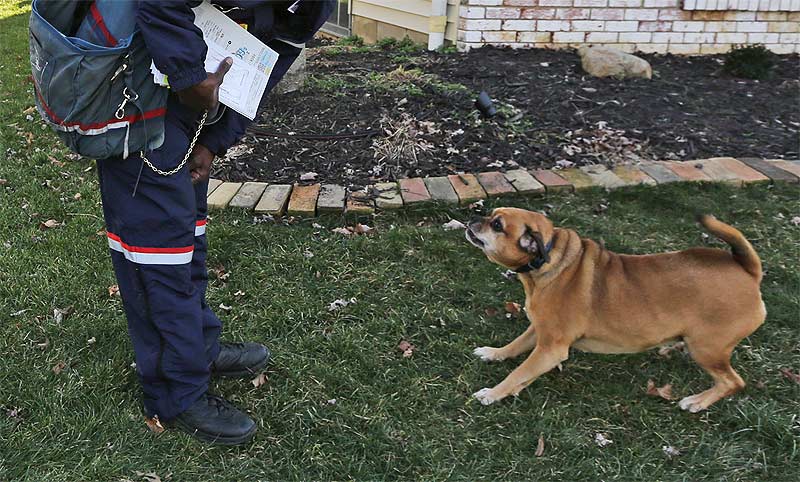
3. Get Informed about Different Breeds and their Characteristics
Simply, some breeds are better guard dogs than others, regardless of their size. These are usually loyal, highly trainable, energetic, and alert. Anyway, you should choose a breed that meets your needs.
- Rottweilers - great for protecting property and home
- Great Danes - one of the best guard dog breeds for families with children. Even though they are huge, they are not aggressive. Still, their large size helps deter possible intruders. Overall, they are good watchdogs.
- Mastiffs - excellent family protectors
- Great Pyrenees - excellent at guarding livestock
- Doberman Pinschers, Rhodesian Ridgebacks, pulis, and bull terriers also make good guard dogs
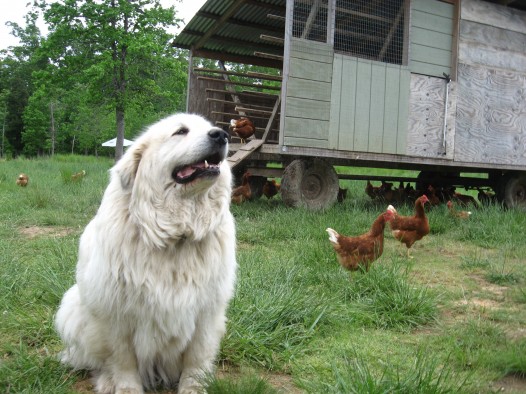
4. Consider the Dog's Age and What that means
Even though a puppy is easier to train and bond with all family members, it won't be able to protect your home until a couple of years old. It won't be able to even bark until around 9 months.
Puppies can develop a stronger instinct to protect you and your house as they grow.
On the other hand, older dogs need more time to adapt and get to love your family, but they can be trained as soon as you bring them home, unless there is something wrong with them.
Be vigilant that you don't purchase yourself a slightly crazy dog! Always ask questions.
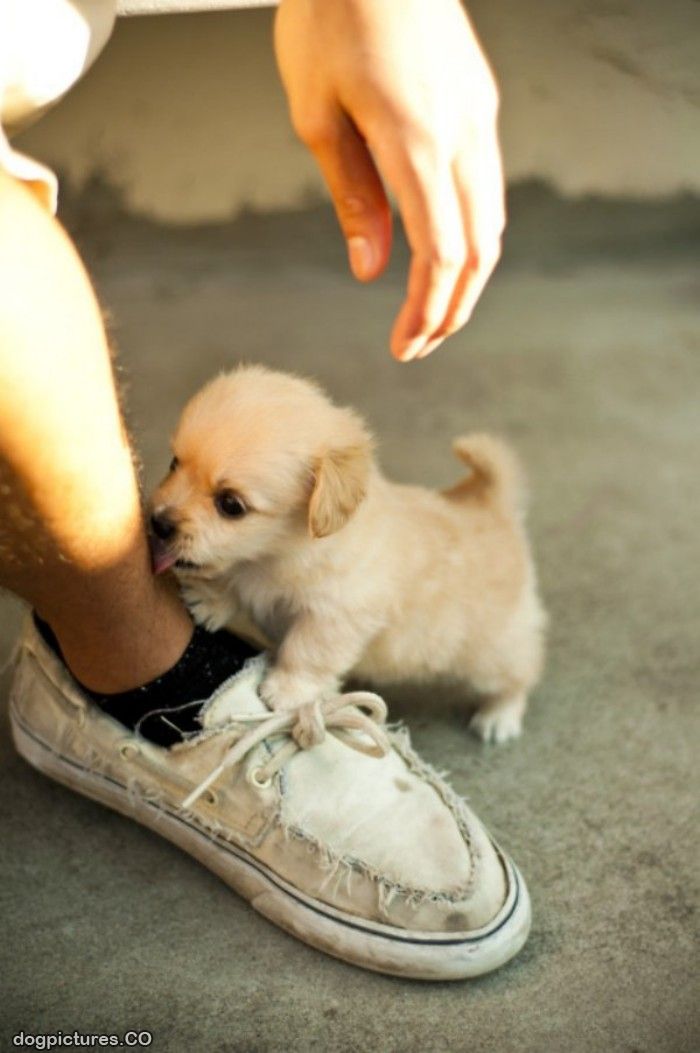
5. Breeds to Avoid
Some breeds simply don't make good guard dogs. Some of the reasons are: not enough barking (imagine that!), too calm tempered, high prey drive, or being too friendly with strangers. They include the following breeds:
- Newfoundland
- Bloodhound
- Basset Hound
- Saint Bernard
- Bulldog
- Alaskan Malamute
- Irish Wolfhound
- Old English Sheepdog
- Scottish Deerhound
- Siberian Husky
- Pug

Don't get us wrong - there are exceptions to every rule, but certain types of dogs are just going to be that much harder to train.
6. A Dark-colored Dog
Usually, dogs with darker coat appear more menacing to burglars. What's more, intruders won't catch them easily at night due to their ability to blend in with the shadows. That's why darker dogs are always a good option when choosing a guard dog.
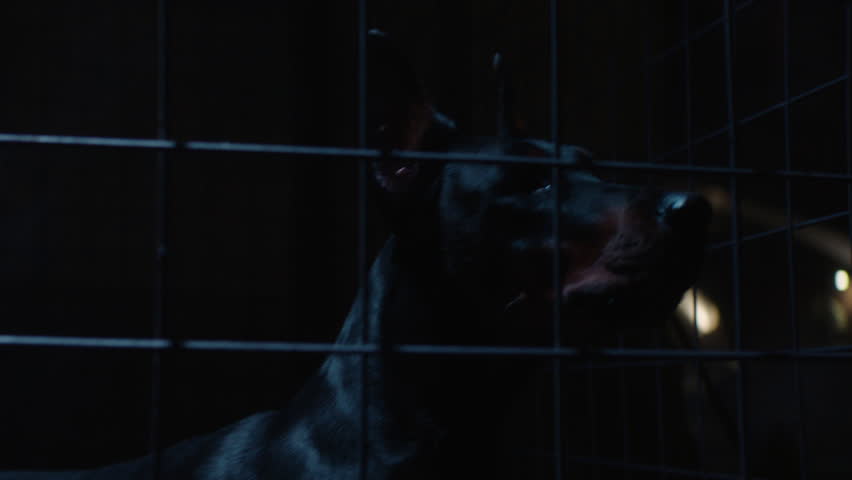
Conclusion on Right Guard Dog for You and Your Family
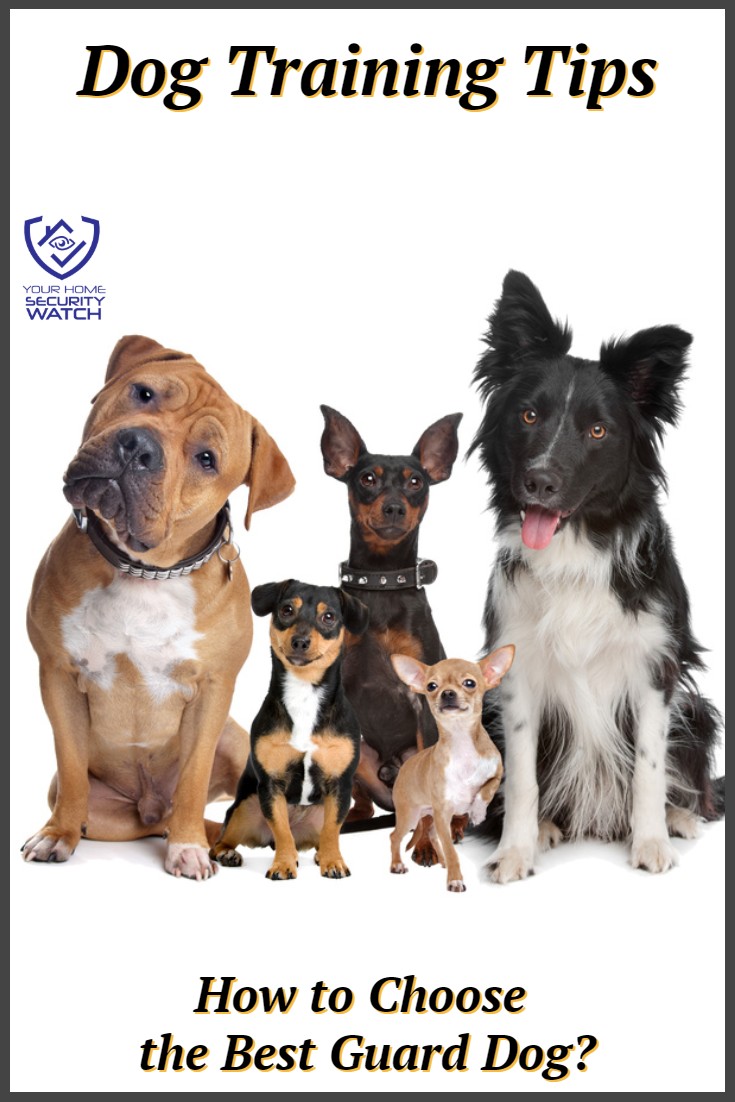
On this home security website, we have many articles dedicated to guard dogs, so feel free to browse around and gather as much information as you can.
Once you're educated more about guard dogs, your plans for purchasing one will be that much easier because you'll know some important do's and don'ts.
Related posts for Right Guard Dog for You and Your Family
- Dog Training for a Sheltie
- Jack Russell Terrier Guard Dog Training Tips
- How To Clicker Train Your Dog and Other Pets
 |
 |
 |
 |

About Robert Fox
Rob Fox is a former hydro worker who used to teach self defence in Miami for 10 years. He's currently enjoying his retirement, playing cribbage and golf with his buddies, locksmithing and home security in his spare time. Rob is an avid reader, and has even written a few books on the subject of self defence.
Thoughts on "How to Choose The Right Guard Dog for You and Your Family"
 |
 |
 |
 |
Check These Out
You can Get FREE Gifts. Furthermore, Free Items here. Disable Ad Blocker to receive them all.
Once done, hit anything below
 |
 |
 |
 |
